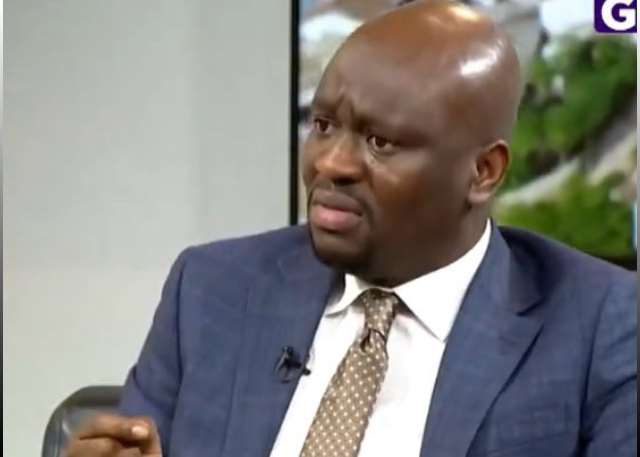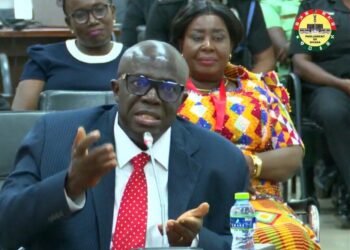President John Dramani Mahama’s proactive directive to the Ministers of Energy and Finance to monitor the Middle East’s oil-linked tensions has been hailed as a reflection of his long-held leadership philosophy.
Speaking on the development, National Democratic Congress (NDC) Communications Team member Hamza Suhuyini Sayibu said the President’s swift response was not just a policy move but an embodiment of foresight that has defined his leadership through both terms in office.
Suhuyini lauded the President’s approach as a sharp contrast to the reactionary governance style of previous administrations, stating that President Mahama has always confronted emerging challenges ahead of their impact.
Reflecting on the President’s earlier tenure, Suhuyini drew attention to the now-famous energy crisis resolution during the Dumsor period. “This is a president who has demonstrated incredible foresight,” he said. “Remember his approach to Dumsor?”
According to him, while previous administrations engaged in politics of excuses, President Mahama accepted responsibility and invested heavily in long-term energy solutions. These efforts, he noted, were later mischaracterized by the incoming government as excess capacity.
Suhuyini emphasized that the President’s policies were not random, but based on the recognition of Ghana’s growing energy needs. “It was not enough for him to just resolve it, but he needed to plan ahead,” he stated, framing the President’s previous energy interventions as visionary and grounded in economic projections.
The NDC communicator also spotlighted the President’s diplomatic engagements prior to his swearing-in in 2025, particularly with African nations in the Sahel. Suhuyini asserted that President Mahama understood the political damage caused by the Akufo-Addo administration’s foreign policy posture, including accusations against Burkina Faso regarding the Wagner forces.

“Even before his swearing in, he decided to jet off to African countries,” Suhuyini recalled, explaining that Mahama prioritized rebuilding Ghana’s image in the region to secure the effectiveness of his domestic economic agenda.
These efforts included the appointment of a special envoy to Sahel states to deepen regional cooperation. “He appreciates that economically, there seems to be that interlinkage,” he added.
Groundwork for Recovery
The communicator attributed the current success of the Mahama administration’s economic policies to these early diplomatic overtures and the subsequent presentation of a far-reaching budget. According to him, this budget laid the foundation for Ghana’s current economic recovery.
Suhuyini said the government was deliberately modest about its achievements too. “You have not seen his government jump into organized Kenkey parties and the likes,” he remarked, noting the seriousness with which the administration treats the expectations of Ghanaians.
He described President Mahama as a leader not content with solving present-day problems but one focused on preventing future setbacks.

“It is not just about solving today’s problems but being in a position to make it impossible for us to have to deal with the effects of our failure to holistically address today’s problems in the future”
Hamza Suhuyini, NDC Communications Team Member
The President’s instruction to his ministers to track the implications of the Iranian-Israeli conflict on Ghana’s economy, Suhuyini noted, was not borne out of panic, but structured anticipation. “He did not wait to begin to feel the impact of the Iranian-Israeli conflict before acting,” he said, asserting that the President moved quickly to develop models projecting potential disruptions.
Suhuyini linked the decision to suspend certain government plans, including the D-levy, to insights gained from these models, suggesting that the administration was mindful of avoiding adverse effects on exchange rates and local fuel prices. “That is the kind of leader we have,” he declared.
In his final remarks, Suhuyini urged fellow NDC communicators to maintain a responsible tone when engaging the public and responding to critics over the government’s suspension of the fuel levy.
He stressed the importance of distinguishing party responses from national communication, given the economic damage caused by the previous NPP government.
“There’s always the tendency in our bid to respond to them (NPP) in equal measure,” he cautioned, emphasizing the need to remain focused on articulating the rationale behind Mahama’s policies and style of governance.
READ MORE: 2Face Cries Out Over Benue Massacre



















